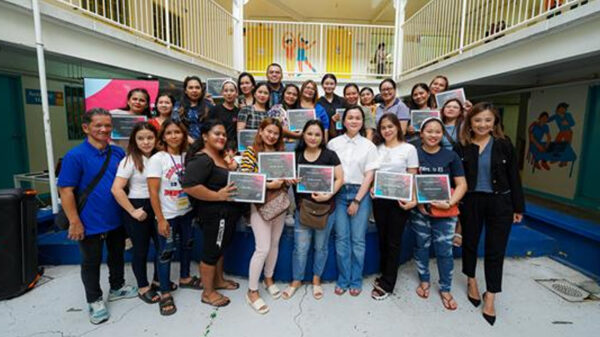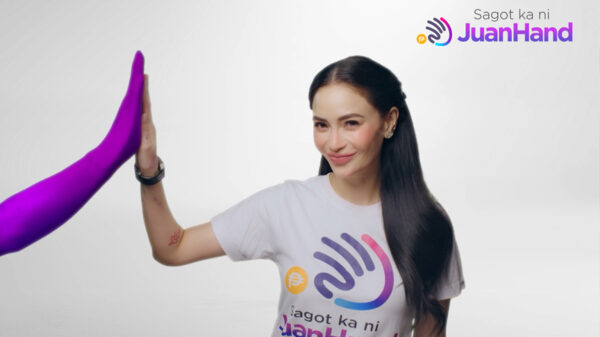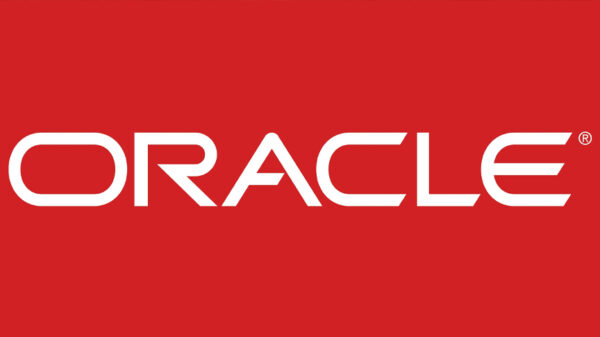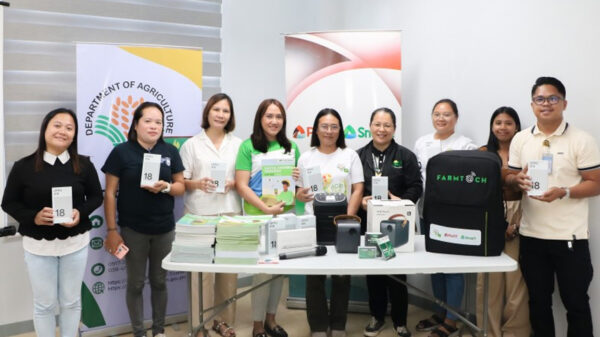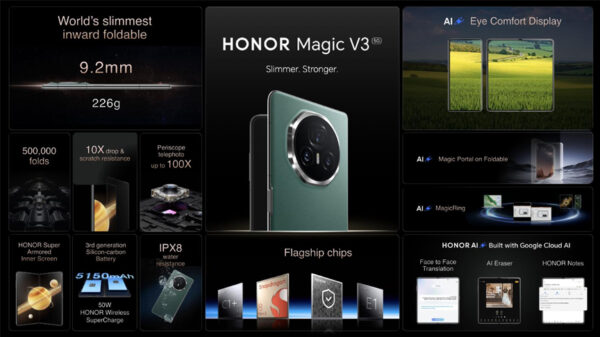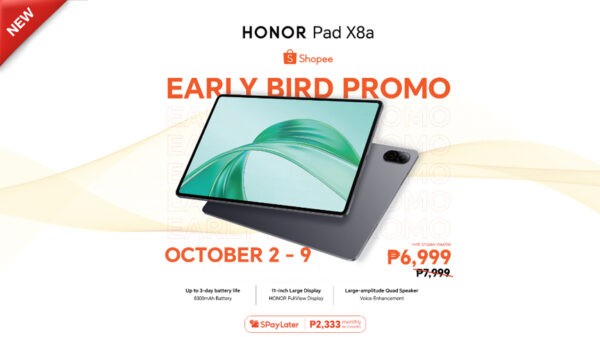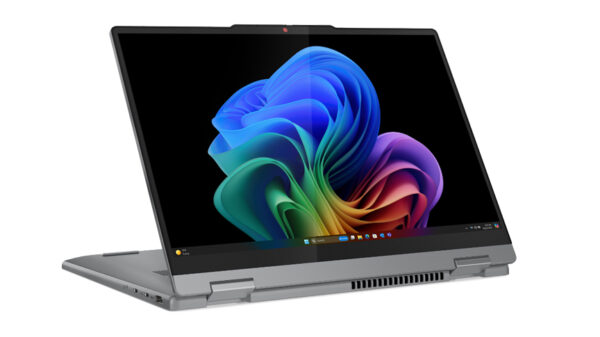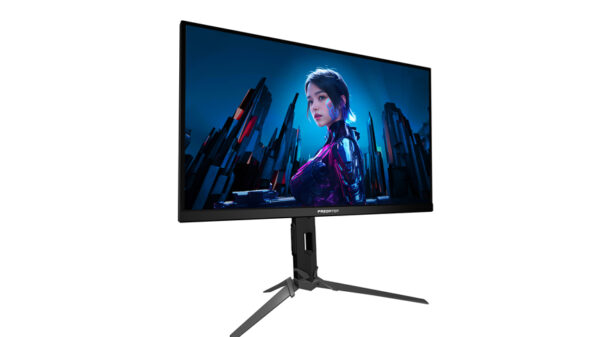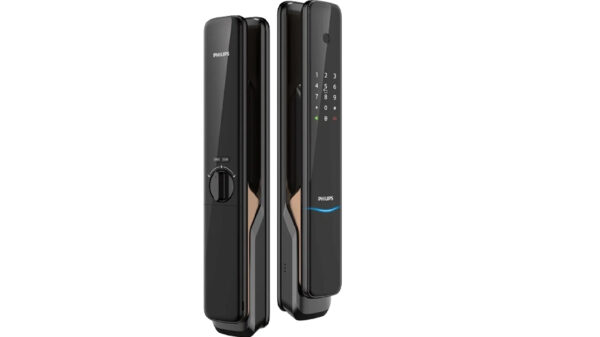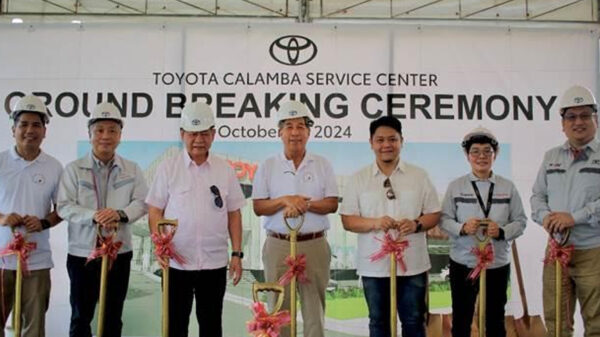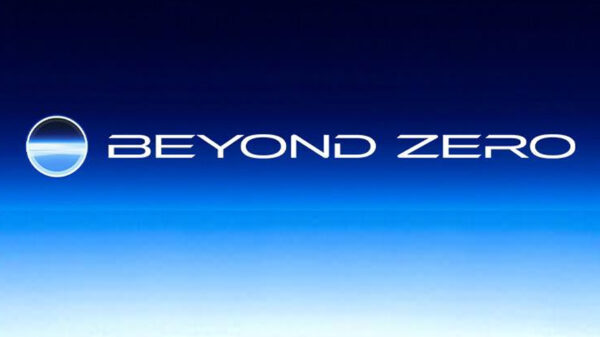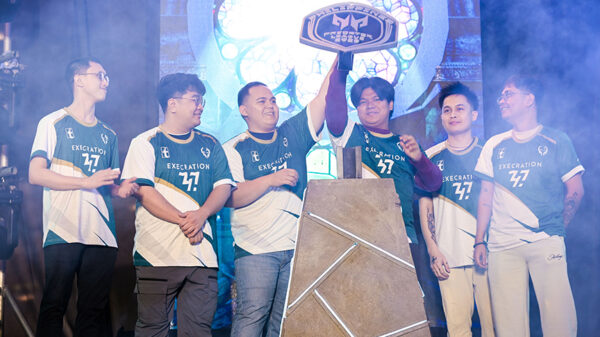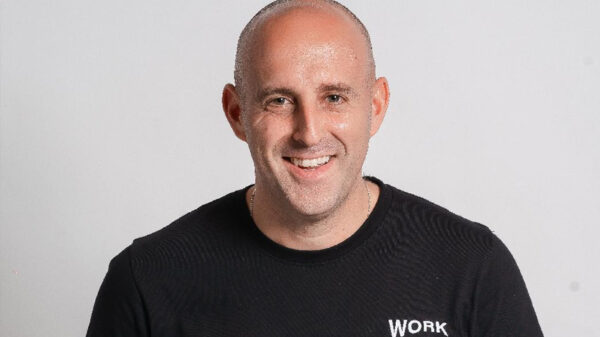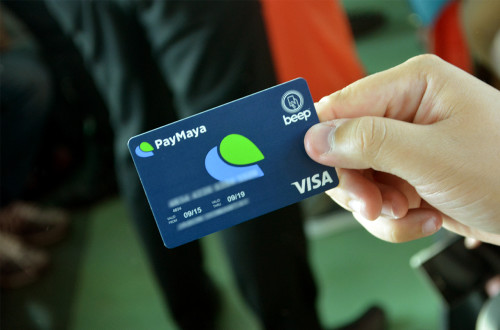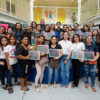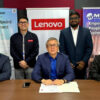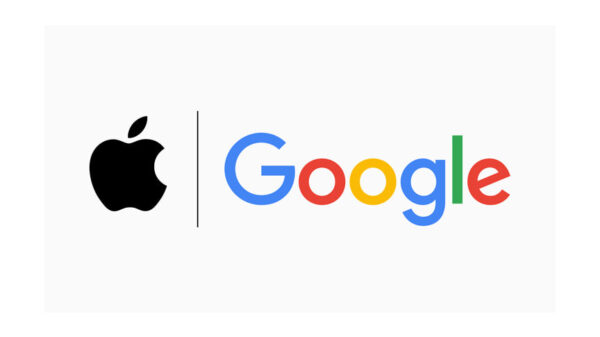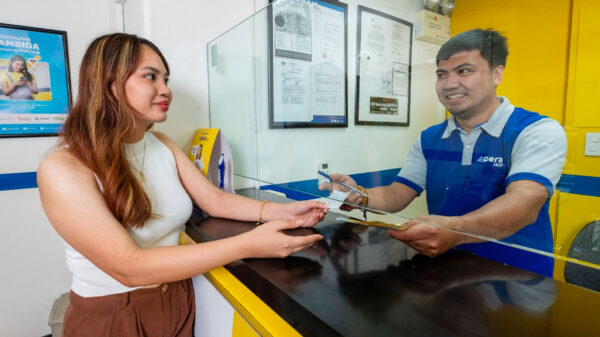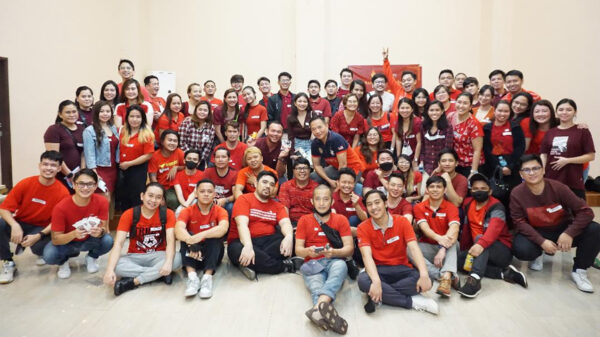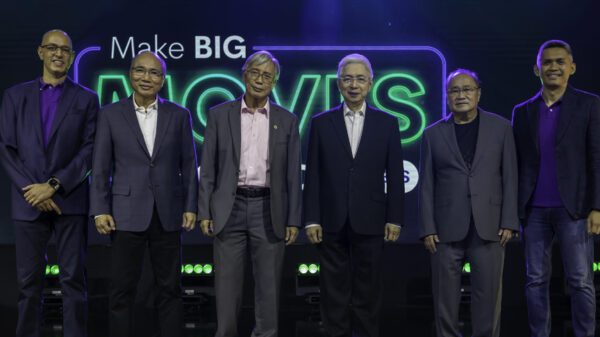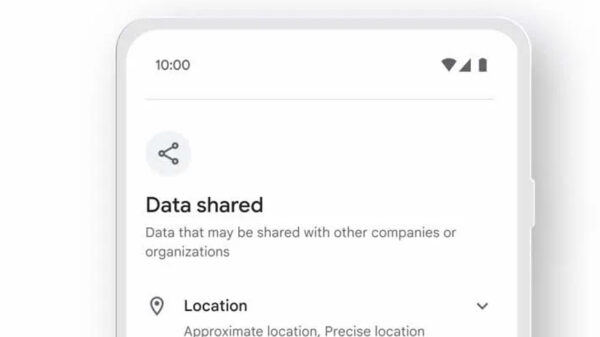Google Developer Group (GDG) Philippines recently collaborated with PayMaya Philippines to support the Google I/O Extended Roadshow across the country.
The event became an avenue to enable young and thriving developers with the necessary tools such as the digital payment app PayMaya not just to access the online software that they need to build and launch their apps, but to integrate payment capabilities to their innovations using the PayMaya API (Application Program Interface).
Drawing in student and young professional developers, the first leg was held at the Ateneo de Manila University. During the event, PayMaya presented limitless payments possibilities to young Filipino developers.
“PayMaya targets the Filipino millennials as primary users and we are proud that we are successfully enabling their payment needs,” said Benjie Fernandez, co-COO of PayMaya Philippines and COO of Voyager Innovations. “The young developers and startup founders that participated in the Google I/O Extended Roadshow are part of this market.”
Fernandez further said that PayMaya provides developers the API that they can integrate to their apps so their innovations can address some of the communities’ biggest financial inclusion challenges.
“For those who do freelance work and receive their compensation via PayPal, PayMaya allows them to withdraw their money using their PayMaya physical card by simply connecting their PayMaya to their PayPal, and upgrading their account. With this, we are enabling them to completely participate in the digital economy,”
Destinations for this year’s Google I/O Extended Roadshow also include Bulacan, Subic, and Palawan. Aside from the keynotes and presentations of inspiring Googlers, Code Labs will be provided in the afternoon of each date to allow participants to experience how Google apps and products are developed using Android and other technologies firsthand.
“The I/O Extended Roadshow aims to bring the latest technologies to anyone wherever they are in the country so they can see for themselves and learn the innovations,” said Albert Padin, Google Developer Expert in the Philippines. “This is a way of making technology more inclusive to empower local developers.”
Some of the exciting announcements made in the annual I/O event in California were: Daydream, Google’s mobile virtual reality platform; Allo, a new AI-powered messaging app; Duo, a video chatting app that gives a video-only experience; Google Home, an always-on small speaker that answers questions and executes commands; Android Instant Apps that run without downloading them; and Google’s latest foray into smart car where Waze is now built directly into Android Auto, allowing drivers to see warnings and accident alerts as they happen.
Aside from the demos of stunning innovations, participants have the chance to listen to the talks of Googlers and Google Developer Experts.
The Reality of Building Apps
Any hit apps like Snapchat, Candy Crush, or Flappy Bird did not become successful by pure accident. The developers behind them worked hard and burnt cash to buy the tools and software they needed. Membership at developer portals, cloud computing platforms, technology courses such as Coursera or Udacity, and subscriptions to developer utilities and tools like Ide (Integrated Development Environment) require payment.
Some of them offer free trial and if you are luckier, you can have investors to support your financial requirements. However, if you are a student or a young professional who is just starting, you need to be “bootstrap” or make do with your means. Moreover, these online tools and services require a mode of payment or credit card. For an emerging marketing like the Philippines, this poses a challenge as 93% of the population remain uncarded.
“Young developers like me need a credit card so I can subscribe to online programs and software that are necessary to build and publish my apps. Unfortunately, millennials like me are not easily issued credit cards by banks due to our young age, finance track record, or status,” said Ed Oswald Go a member of the team that build PITCH: Pharmacy, a pharmacy board exam reviewer app that won in the recent AngelHack Manila 2016.
PayMaya also comes with a physical Visa card that consumers can use to pay and swipe at brick-and-mortar stores here and abroad, anywhere Visa is accepted.
PayMaya also provides APIs (Application Program Interface) that developers can use to integrate card payment capabilities in their apps and solutions. For more information, visit www.business.paymaya.com.

